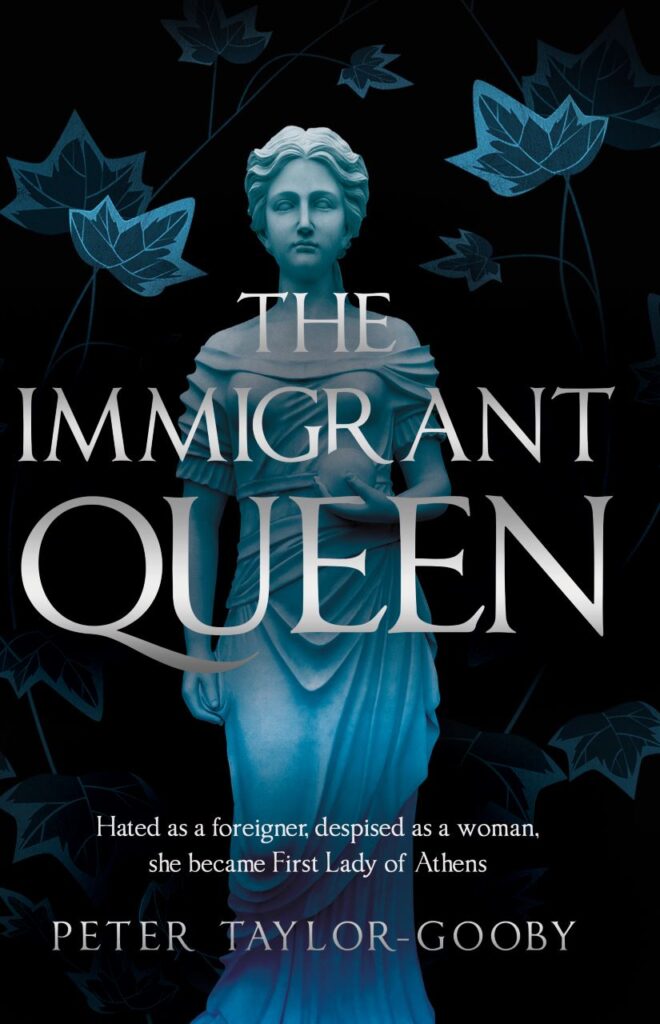Roman Games
Rome, 96 AD. The city’s labyrinthine politics have brought the Emperor Domitian to the final stages of paranoia, manifest in his employment of a vast network of spies. Informers squirrel out secrets and denounce real and imagined traitors (or people who refuse to bribe them).
Pliny the Younger is a discreet up-and-coming Roman senator whose success is based on hard work and keeping his head well down. This earns him a reputation for competence and impartiality, and Domitian handpicks him to investigate the murder of a top informer, a slimy libertine with no shortage of enemies called Sextus Verpa.
The Roman Games have begun, and the law courts are in recess for 15 days. Pliny has that long to find out ‘whodunit’, or all of Verpa’s household slaves will be horribly executed. He also has to consider the imperial wrath if the guilty party turns out to be politically unacceptable. Along the way Pliny picks up two sidekicks, the most important being the poet Martial. Specialising in scatological satire, he is a foil for the strait-laced Pliny.
Historical ‘whodunits’ have to manage with little in the way of forensics and very arbitrary judicial systems. For the mystery to work, the characters must be sharply drawn and the plot must have lots of twists and turns. Roman Games does this brilliantly. The majesty and brutality of the Roman Empire is brought to life as we follow Pliny’s attempts to solve the crime and balance loyalty and personal morals. The geography is well researched, and there are powerful insights into the rigid and hierarchical Roman mindset. This is a hard book to put down: fast-moving, exciting and thought-provoking.






